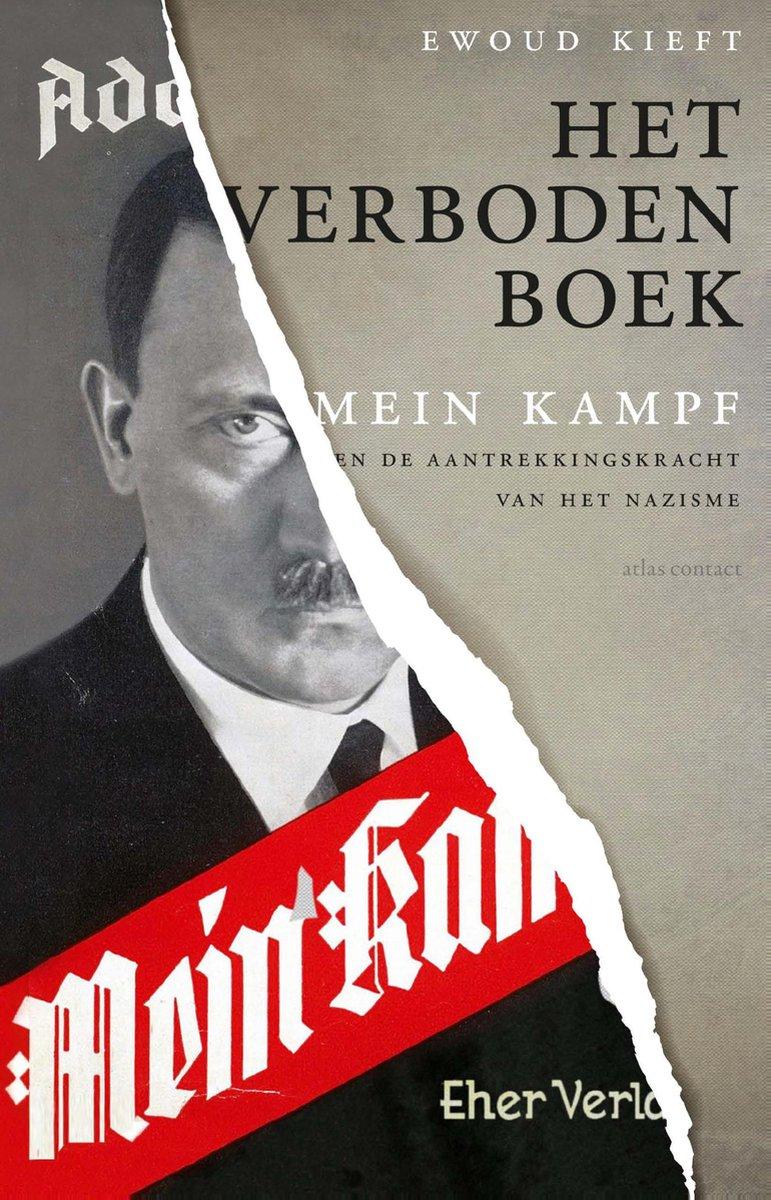The Forbidden Book
The most notorious book in the world has not been read widely, most likely because it has been banned for decades in many countries. The accepted verdict is that it is not just depraved and dangerous, but that it is unreadable, the product of a disturbed mind.

But if the book is so ridiculous, why did it speak to so many Germans? Why was it a bestseller even before 1933? Ewoud Kieft attempts to answer these questions by looking at how the book came into being and by analysing it. He shows that Mein Kampf resonated with the belief of many Germans that the First World War was lost not on the battlefield but because Germany had been stabbed in the back by ‘enemies of the people’. Above all, it offered the message that Germans longed for: that all the death and suffering had not been in vain, that despite defeat, crisis, unemployment, inflation and the humiliating terms of the Treaty of Versailles, the country could move onwards to a radiant future – under Adolf Hitler’s leadership.
The Forbidden Book, commissioned by The Netherlands Institute for War, Holocaust and Genocide Studies, makes clear that Hitler was an extraordinarily gifted propagandist, whose appeal chimed with the emotions and thinking of millions. What is disturbing is that those emotions – fear, resentment and feelings of humiliation and futility – are always with us, and are similarly being exploited by today’s populists. Kieft shows convincingly that Mein Kampf is not simply a relic. Its methods and techniques can still have disastrous consequences.
Historian Ewoud Kieft is a wonderful writer. His books receive laudatory reviews and have been nominated for prizes. The style is elegant and the content refreshing.
NRC Handelsblad
The tenor of Mein Kampf can be felt everywhere at the moment and it cries out for a reaction from all who value today’s complex democratic society. For that reason alone, Kieft claims, a reissue of Mein Kampf and a debate about it are useful and necessary.
De Groene Amsterdammer
-koos-breukel-hires.jpg&w=640&q=75)